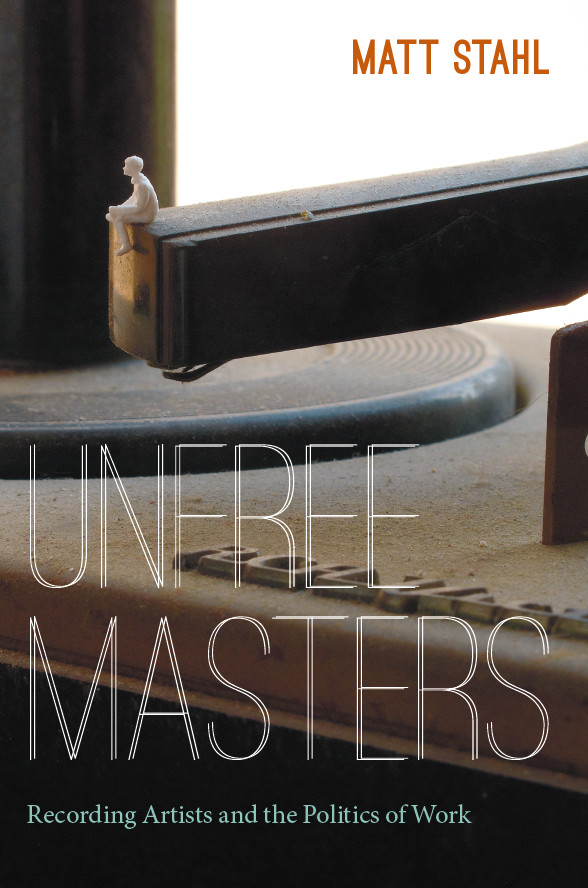
Skip the first two chapters, and go right to the meaty goodness about how California and the United States in general views recording artists – and the complicated issues about whether they are employees or independent contractors.
This issue is especially important this year — 2013 — the first year where songwriters and performers can start the termination of copyright grants to publishers and record labels (after 35 years). One of the issues that will be at the forefront of the reversion issue concerns “work-for-hire”, and Stall spends a great deal of time describing the Congressional hearings and related matters that helped to create this issue. The detailed narrative is helpful for anyone interested in the ups-and-downs of the relationship between musicians and business — regardless of whether one agrees with Stall’s overall analysis.
And his analysis is quite biting — describing the music industry as exploiting musicians in whatever way they can, willing to flip the script to serve their purposes, and always willing to complain about how “it used to be better in the old days”:
It is as if, between 1975 to 1985, the pool of capable, charismatic, potentially popular, or otherwise qualified recording artists has mysteriously dried up; it is as if advances and royalty rates have escalated on their own accord, and not (at least in part) as a result of the transformation of a range of business strategies. (130)
His same as it ever was perspective can be disheartening, but it is helpful for recording artists of today to realize that their issues about getting paid what they deserve isn’t new.
Summary: Recommended for those interested in copyright, employment relationships, contracts, music, and labor theory – especially on how these diverse interests interact.



